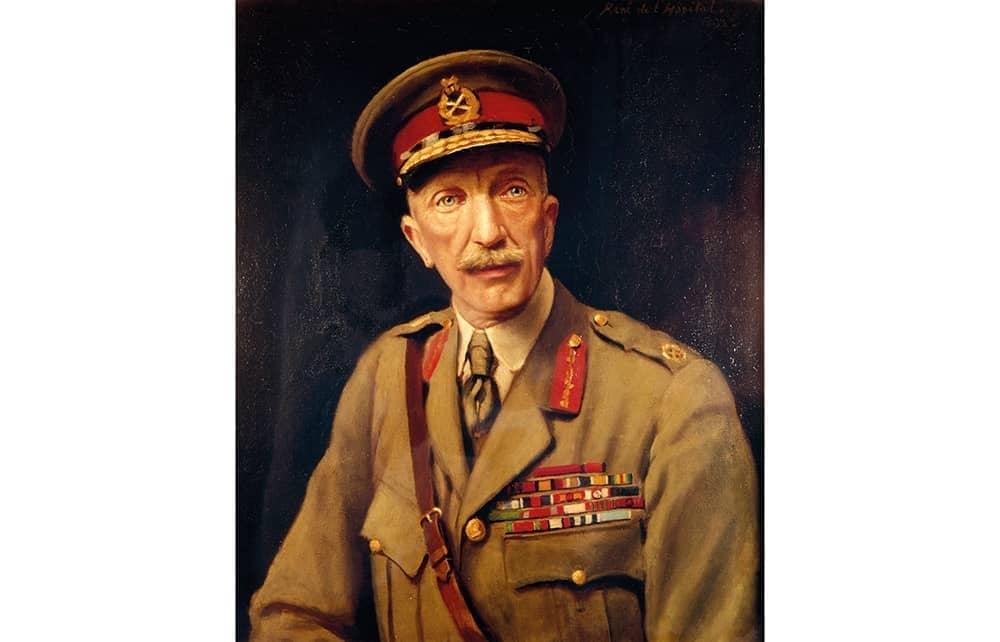Until very recently, political assassination was a mercifully uncommon occurrence in British politics, though that has changed. Previously when such murders did happen, they were usually associated with Ireland: the 1882 Phoenix Park murders of Lord Frederick Cavendish and Thomas Burke, the killings of Airey Neave and Lord Mountbatten, and numerous unsuccessful plots and near misses. One spectacular example occurred in June 1922, when Field-Marshal Sir Henry Wilson was shot dead outside his Mayfair house by two IRA operatives called Reginald Dunne and Joseph O’Sullivan, who were swiftly captured and hanged, after a trial whose procedures were sharply criticised by George Bernard Shaw among others.
Wilson is not much remembered now, despite a fine 2006 biography by Keith Jeffery, but he was famous and controversial in his day. From a minor Irish gentry family in County Longford, he became a key figure in the first world war, and up to a few months before his death was chief of the imperial general staff.

Get Britain's best politics newsletters
Register to get The Spectator's insight and opinion straight to your inbox. You can then read two free articles each week.
Already a subscriber? Log in







Comments
Join the debate for just $5 for 3 months
Be part of the conversation with other Spectator readers by getting your first three months for $5.
UNLOCK ACCESS Just $5 for 3 monthsAlready a subscriber? Log in